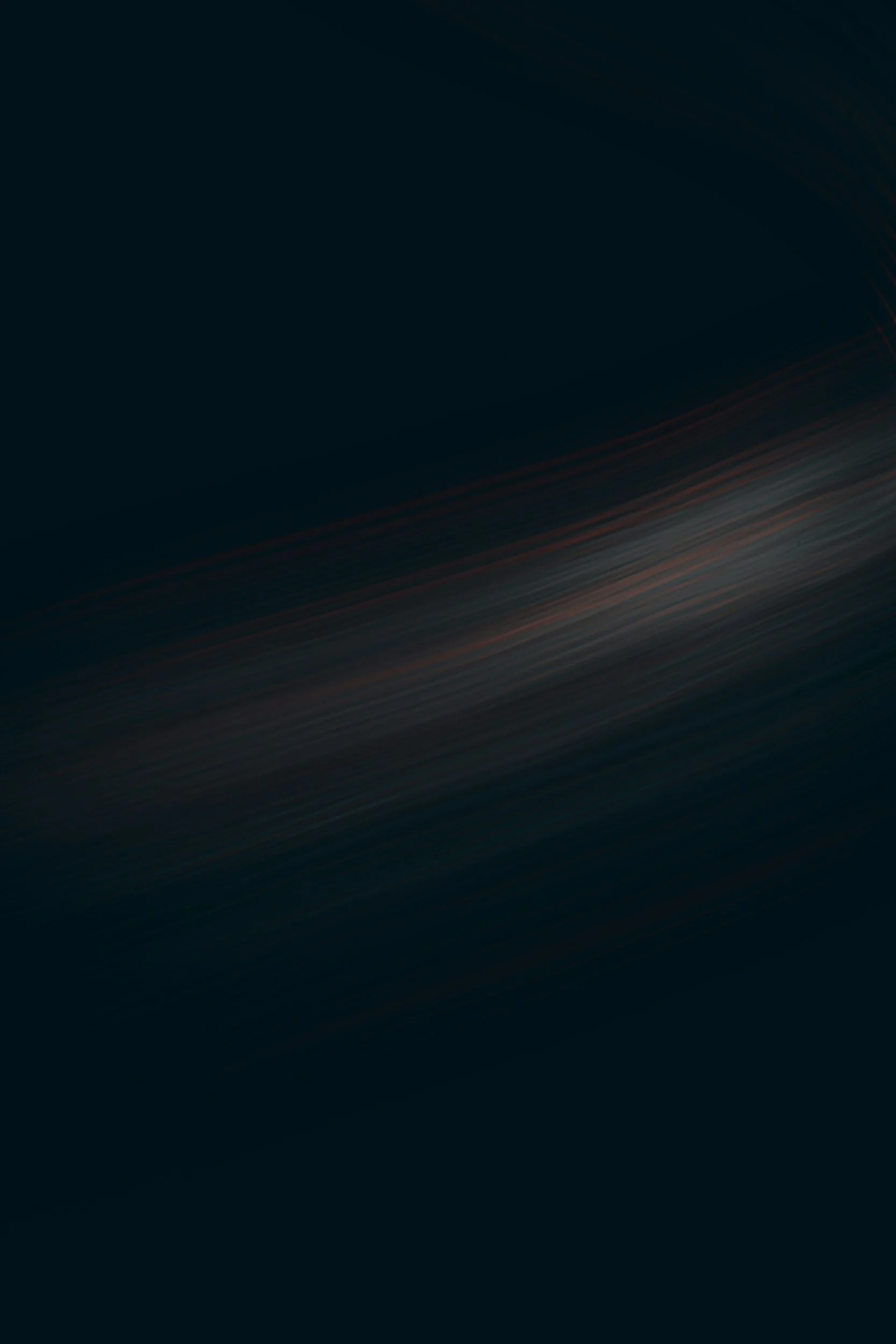
My practice emerges from the fluid, fluctuating landscapes of neurodivergence— states of being that resist linear narratives and fixed identities. Divergence at its essence is a departure; a process or state of moving apart or separating from. In the case of neurodivergence, it is a departure from neuronormativity, or the dominant societal standards of “normal” neurocognitive functioning and performance. In this outflowing there lies a threshold—limen—a site of transformation where meaning unravels and something new can begin to take shape.
Surrealism, with its radical embrace of the uncanny, the symbolic, and the visceral, offers tools for disrupting normative boundaries: between body and world, order and chaos, sense and nonsense. Surrealism offers more than aesthetic: it is a methodology of rupture, of revealing the cracks in dominant systems of sense and value. Through its lens, the neurodivergent bodymind is not pathology but portal—a visionary mode of seeing, being, and doing that is uniquely attuned to the edges of transformation in a postnormal, collapsing world. In this space, neuroqueering becomes a ritual of reconfiguration—a conscious undoing of inherited patterns of normative perception, strategies, and embodiment. It is a liminal movement that re-attunes the bodymind to the fertile disarray and uncanny beauty pulsing through both self and environment.
To neuroqueer the bodymind is to dwell within the limen-body: the transitional, transmuting body that slips between categories, subverts binaries, and vibrates with multiplicity. The limen-body becomes a gateway through which the self encounters the world—not as an object, but as a co-creative ecology of relations. This extends into a larger limen-ecology—the wild, interstitial zones of becoming-with: borderlands, margins, ruins, dream states. These are sites where the so-called abnormal and irrational take root and flourish. Here, neurodivergent embodiment is not a deviation from nature, but a deepening into its varying rhythms and rhizomatic morphologies. It is a practice of becoming porous; of letting the environment think and feel through the body. Within this unfolding, limen-space arises—a surrealist terrain where reality and fantasy co-mingle, where logic dissolves and radical relationality becomes possible. These spaces—imaginal, bodily, psychic—are rich with the potential to reorient how we sense, know, and relate. They are not escapes from the real but doorways to a more expansive and entangled surreality. In this practice, the act of neuroqueering becomes a form of liminal magic and creative participation: an embodied poetics of undoing and becoming; a weird re-enchantment in the ruins of normative culture.

Manifesto of autosurrealism: Towards a neurocosmopolitan reality. In N. Walker (Ed.), Neuroqueer anthology. Autonomous Press [in press].
Becoming-creature: A neuroqueer approach to autistic (re)animation. In N. Walker & A. Reichart (Eds.), Neurodiversity in Psychotherapy. W.W. Norton & Co. [submitted for publication].
autosurrealism: A Neuroqueer Manifesto. [self-published zine].
I am a neurodivergent writer and somatic movement practitioner whose work traverses the landscapes of neuroqueer theory, somatic and transpersonal psychology, posthuman ecologies, and the arts. Drawing from queer and surrealist traditions, I seek to subvert dominant frameworks of normality and reclaim variation, deviance, and dissolution as creatively (re)generative forces. Holding a Masters of Arts in Counseling Psychology with an emphasis in Somatic Psychology, I have served as a psychotherapist in private practice and community mental health agencies in New York City and Oakland, CA.



